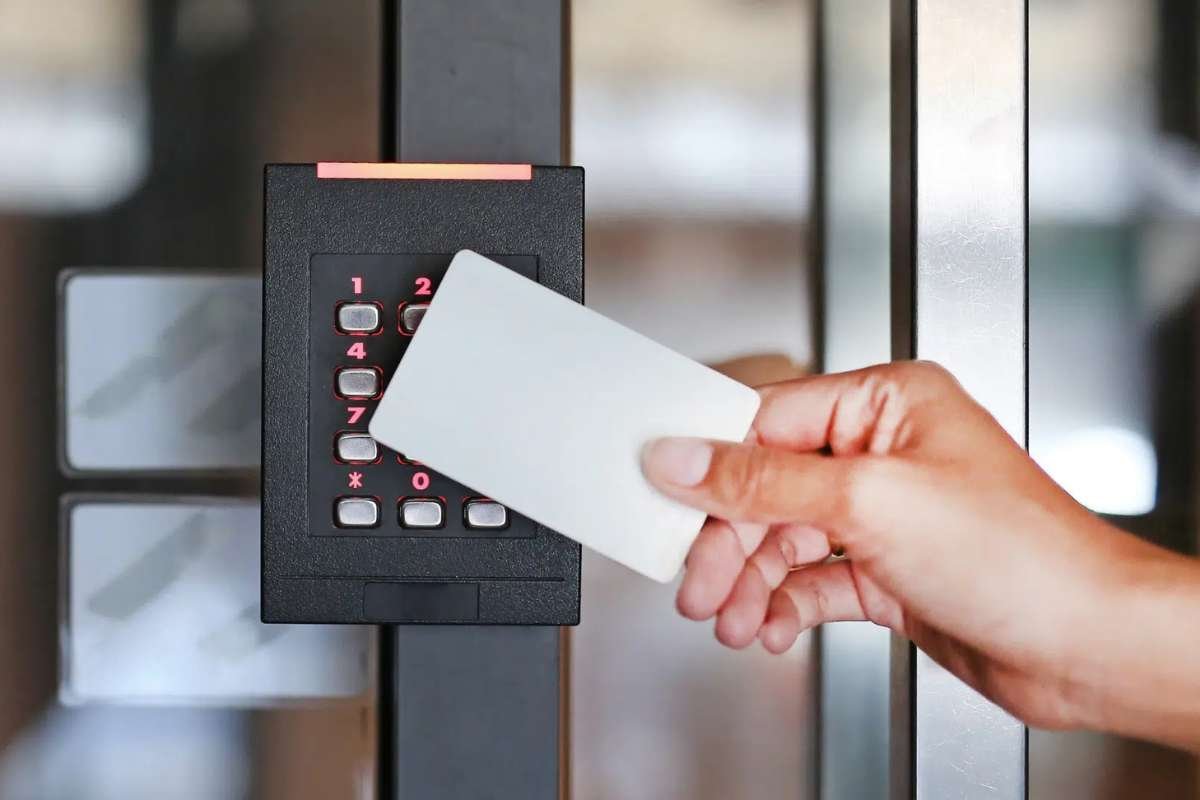In today’s fast-paced world, businesses face a growing array of security challenges. From protecting physical assets to safeguarding sensitive information, the need for comprehensive access control systems has never been greater. Access control is a key component of a robust security strategy, enabling businesses to monitor and manage who enters their premises, when they do so, and where they are allowed to go. Despite its importance, many businesses fail to prioritize this aspect of security, often to their detriment.
This article explores why paying attention to access control is essential for your business and how it can enhance security, improve operational efficiency, and build trust with employees and customers.
Importance of access control systems for your business:
1. Enhanced Security
At its core, access control is about ensuring that only authorized individuals can enter specific areas of your business. This might mean restricting access to certain employees, vendors, or visitors. Without effective access control, businesses are at risk of theft, vandalism, or unauthorized access to sensitive areas such as data centers or storage rooms.
Modern access control systems leverage advanced technologies like biometric scanners, keycards, or mobile authentication. These systems provide detailed logs of entry and exit activities, allowing businesses to quickly identify security breaches or suspicious behavior. By implementing a tailored access control strategy, companies can significantly reduce vulnerabilities and deter criminal activity.
2. Protection of Sensitive Information
For many businesses, data is one of their most valuable assets. Whether it’s customer information, financial records, or proprietary research, sensitive data needs to be protected. Access control ensures that only authorized personnel can reach areas where critical information is stored, whether digitally or physically.

A robust access control system can also help companies comply with legal and regulatory requirements. Industries like healthcare, finance, and technology have stringent data protection laws, and failure to secure sensitive information can result in hefty fines and reputational damage.
3. Improved Operational Efficiency
Access control systems do more than enhance security—they also streamline operations. By automating entry and exit processes, businesses can reduce the need for manual security checks, saving time and resources. For example, employees can use keycards or mobile credentials to access specific areas without waiting for a security guard to unlock doors. This reduces bottlenecks during peak hours and improves overall productivity.
Additionally, modern access control systems can be integrated with other building management systems, such as lighting or HVAC controls. This integration allows businesses to optimize energy usage by activating systems only in occupied areas, further contributing to operational efficiency.
4. Building Trust Among Employees and Customers
Employees and customers expect a safe and secure environment when they enter a business premise. Effective access control systems play a crucial role in meeting this expectation. For employees, knowing that unauthorized individuals cannot enter the workplace fosters a sense of safety, enabling them to focus on their tasks without worry.

Similarly, customers are more likely to trust a business that prioritizes their safety. For example, retail establishments that control access to storage areas and back offices reduce the likelihood of internal theft, ensuring that customer-facing operations run smoothly. In industries such as healthcare or hospitality, where customer trust is paramount, access control systems further demonstrate a commitment to security and professionalism.
5. Scalability and Adaptability
One of the most significant advantages of modern access control systems is their scalability. As businesses grow, their security needs often evolve. A small startup may only require a basic keycard system, while a large corporation may need multi-level access permissions and biometric authentication for certain areas.
Access control solutions are highly adaptable and can be customized to suit the unique requirements of any business. For example, a company that operates 24/7 can use time-based access control to restrict entry to specific employees during off-hours. Similarly, businesses that rely on physical perimeters can benefit from commercial-grade gates and barriers. In such cases, regular maintenance and commercial electric gate repair are crucial to ensure the system remains reliable and effective.
6. Future-Proofing Your Business

As technology evolves, so do the methods that criminals use to breach security systems. Investing in modern access control solutions ensures your business remains protected against emerging threats. Many systems offer regular updates and enhancements, allowing businesses to stay ahead of potential vulnerabilities.
In Conclusion
Access control is not just a security measure—it is a foundational aspect of running a modern, efficient, and trustworthy business. From protecting assets and sensitive information to improving operational efficiency and building trust, the benefits of investing in access control are undeniable. As businesses face growing security challenges, paying attention to this critical area is more important than ever. Whether you’re a small business or a large corporation, prioritizing access control ensures your premises remain safe, efficient, and adaptable.









